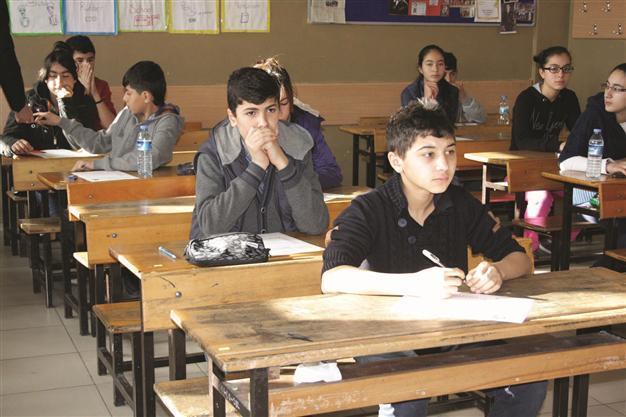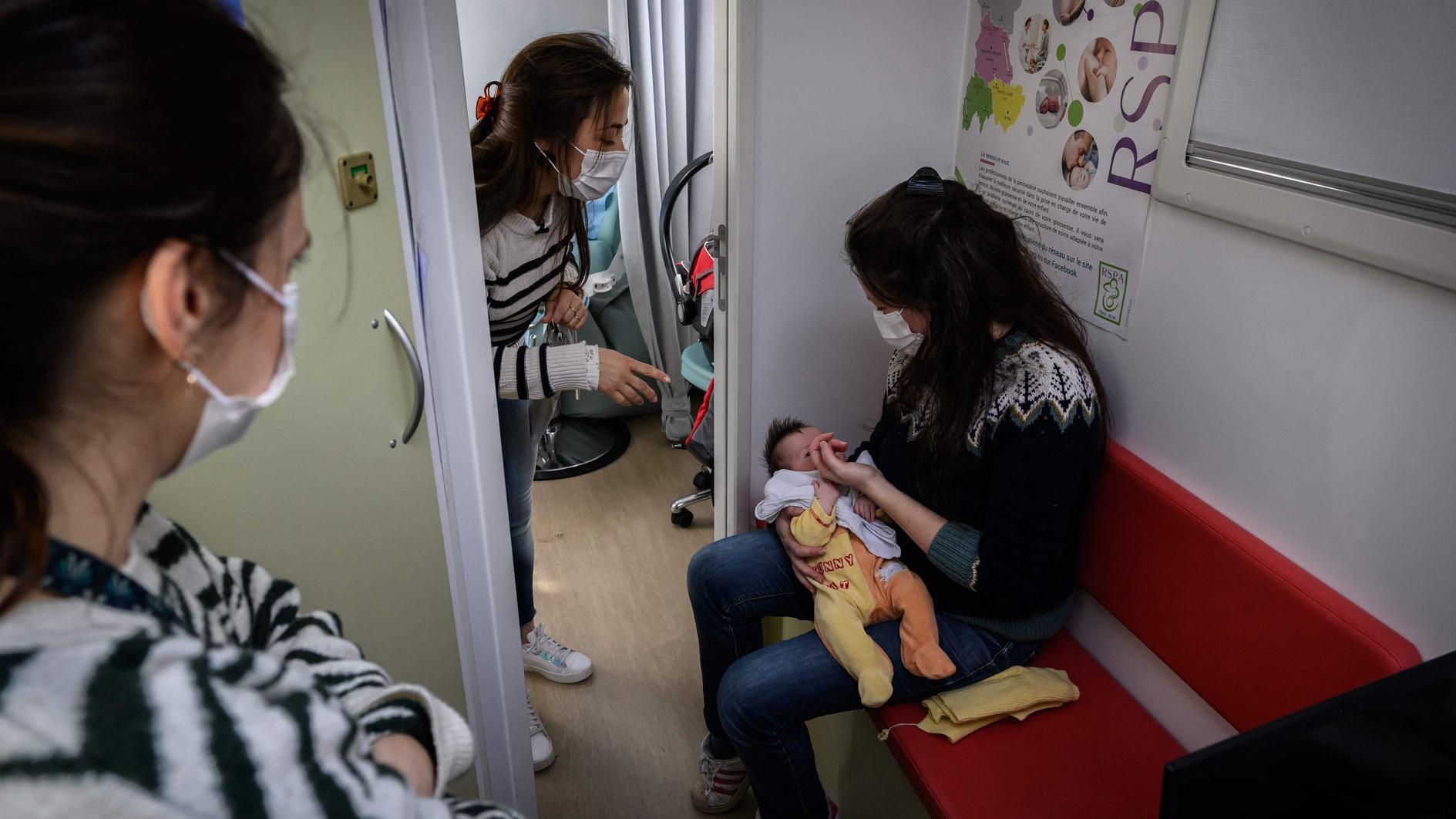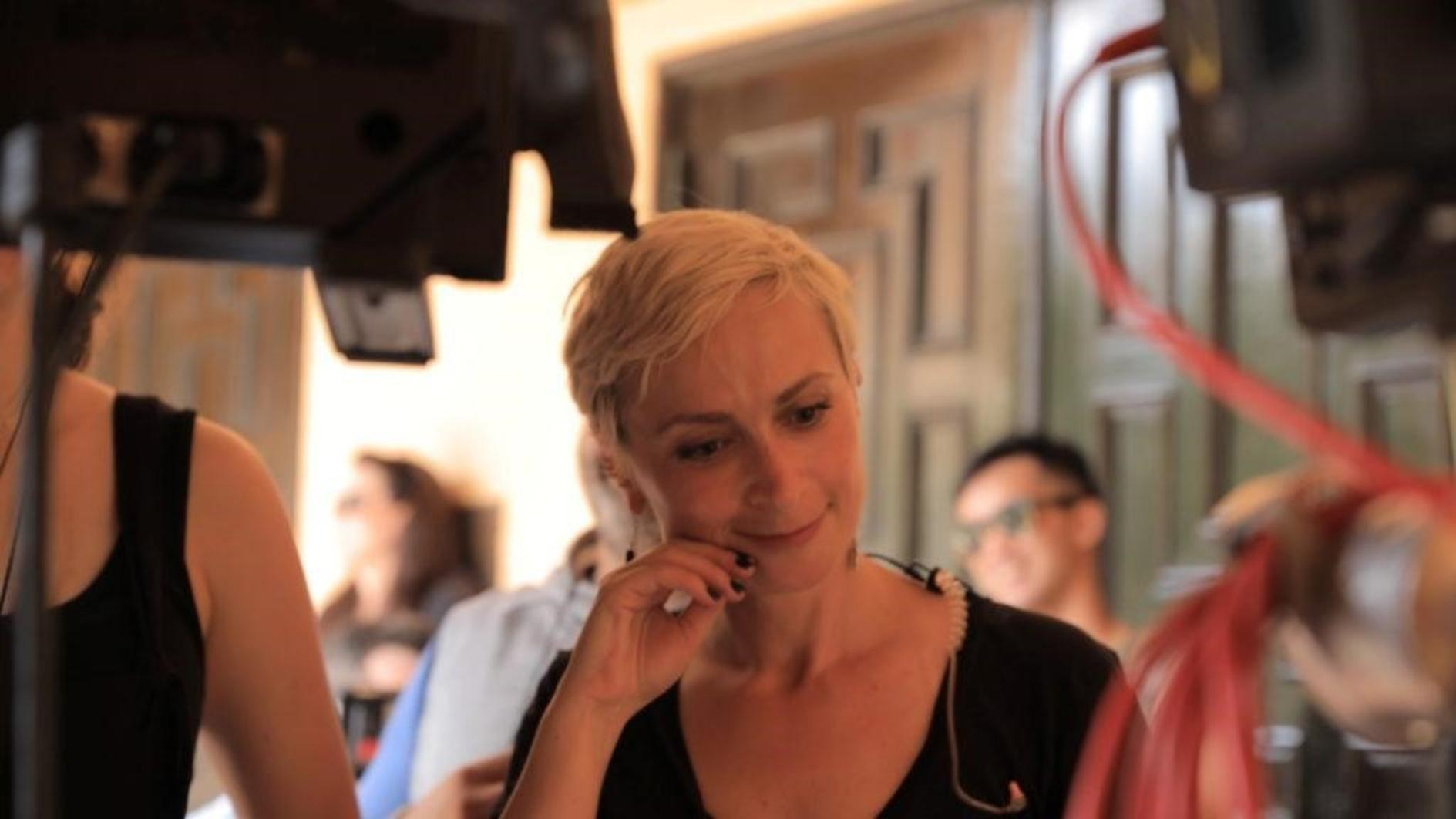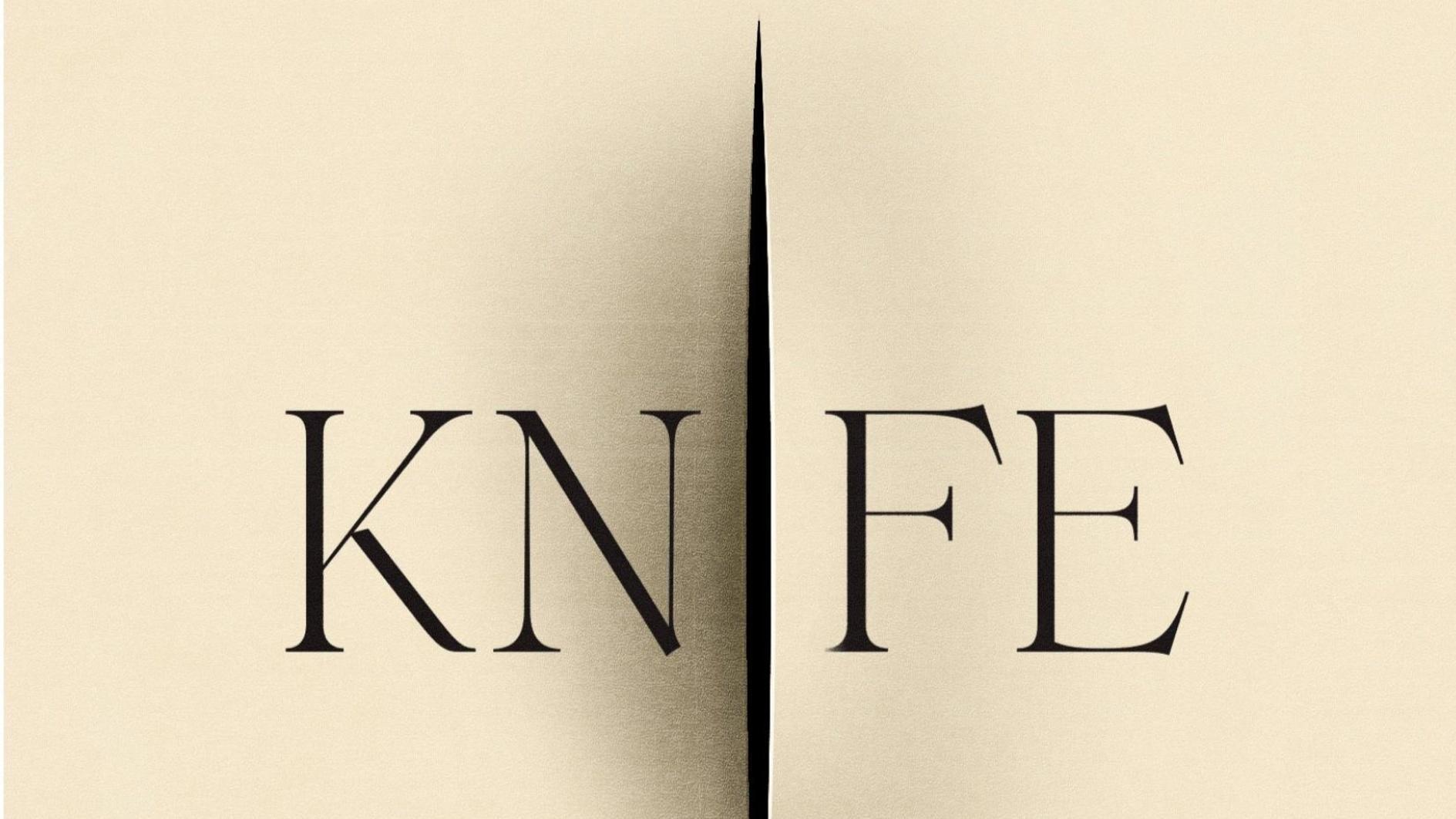Top court says law banning tutoring centers violates right to education, private enterprise
ANKARA - Anadolu Agency

CİHAN photo
Turkey’s top court has declared the closing of private tutoring centers, known as “dershanes,” were a restraint on the right to education and would leave the private enterprise unprotected, thus making it unlawful to shut them down.The Constitutional Court’s justified decision on the annulment of a law phasing out private tutoring centers, whose prospective closure had been interpreted as a move against the movement of U.S.-exiled Islamic scholar Fethullah Gülen, an ally-turned-foe of President Recep Tayyip Erdoğan, stated that the law was unconstitutional, in regards to the individual’s right to education and brought unmeasured limitation to the right of private enterprise.
“Dershanes serve the purpose to gain knowledge about topics in the school curriculum. The individuals’ rights to benefit from an education service given by private enterprises, in accordance with the laws and with the purpose to prepare them for a higher school or higher education, and to receive out-of-school education, is within the education right that is guaranteed under the constitutions’ Article 42,” read a part of the decision released in the Official Gazette on July 24.
It further stated that the law breached the right to education, as banning and closing down the private tutoring centers abolished the individuals’ opportunity to get educational help preparing for exams by attending courses at non-formal educational institutions.
Dershanes are very popular in Turkey, with 3,800 of the centers catering to 1.2 million students hoping to win a place in higher schools and universities.
Decision reached 5 to 12
The decision, which was reached with 12 yay votes against five nays, stated that completely banning private tutoring centers without putting forth other options for out-of-school education was of unmeasured limitation, which is not necessary in a democratic society, regarding the freedom to private enterprise.
It also stated that a law should be in line with the constitution’s Article 13, which regulates the ways in which fundamental rights and liberties can be limited.
Following a petition by the Republican People’s Party (CHP), the court had ruled late July 13 that the law adopted by the parliament in March 2014, to close these centers, was unconstitutional.
The text passed by the assembly had ordered the closure of the centers by Sept. 1 this year. The then-Prime Minister Erdoğan was very keen on closing these centers, which he presented as degenerate centers that “exploited” students’ need for better preparation for university exams.
Education Ministry begins work after decision
The Turkish Education Ministry said in a written statement issued on July 24 that the ministry’s legal consultancy department and relevant general directorates had started working on the top court’s reasoning decision, adding they will make the necessary announcements when their considerations are completed.
After the top court had announced the law’s annulment, Education Minister Nabi Avcı said they needed to understand the reasons behind such a decision in order to define the ministry’s next steps.
“…For us to take action we have to see the Constitutional Court’s reasoned decision and what kind of manoeuvers it will leave us. We will talk about [what will be done] more easily after we determine what we can and cannot do, building upon that reasoned decision,” Avcı said July 18 on a live televised program on the state-run TRT channel.
















